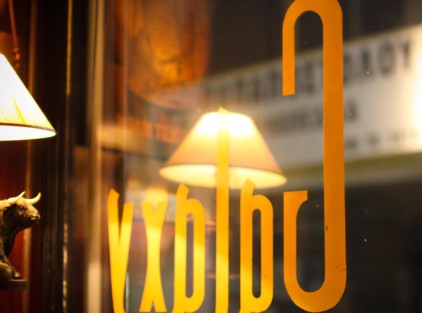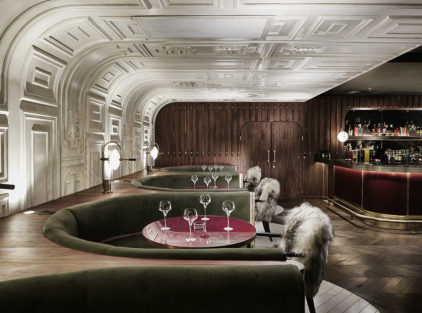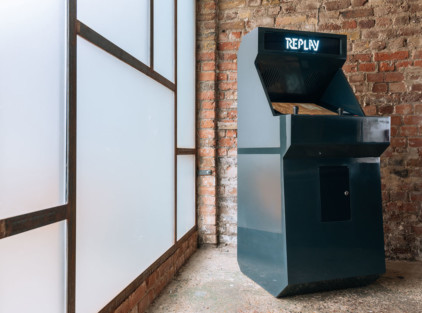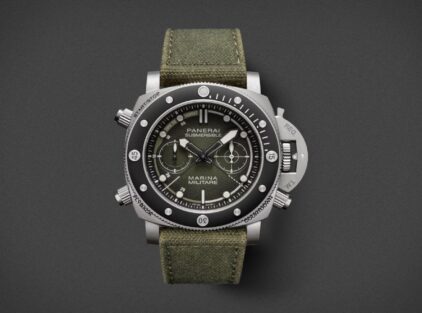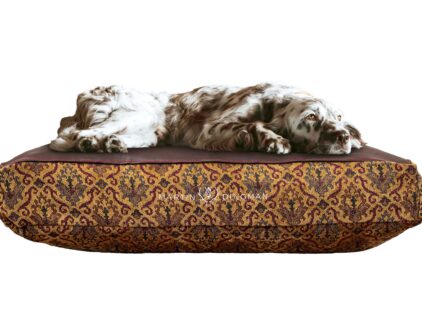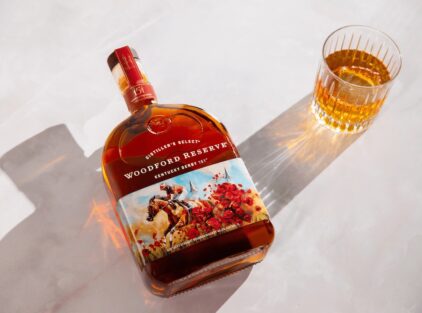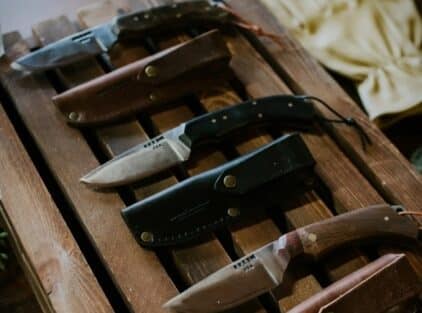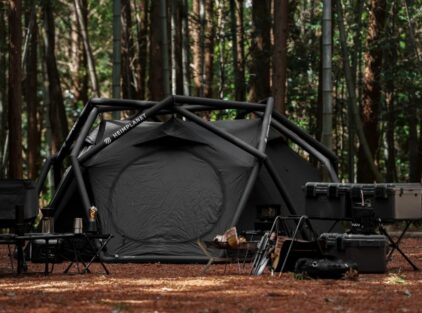The interview with Mr. Panos Laskaridis for MANCODE had already been completed at his company’s offices in Kifissia. The text had been handed over to the editorial director of the magazine and was on its way to the printing house. Suddenly, the sites and newspapers reported news from Italy that a ship of his company’s interests had been found to be carrying a very large quantity of drugs.
I asked Mr. Panos Laskaridis for a new meeting for additional questions… He accepted immediately…
By Lampis Tagmatarhis
-Mr. Laskaridis I expected to see you worried.
-What for?
-But about the ongoing matter concerning your ship, are you not worried about the development of this case?
-Frankly, no. I’ve grown up and lived through the days of Aurianism.
-What do you mean?
-I mean that we’ve had tons of mud slung at us before. I know what’s behind all this.
-The ship was yours, the drugs were found. So?
-Listen. People who know me in shipping know, not only that I’m an honest man, but that this kind of thing happens very regularly. And if you ask twenty colleagues, they all have similar cases in the past.
-But now there is a question here? Is it an inflated issue?
-It’s inflated because some people don’t wear trousers… Let Laskaridis be punched all they want. The world is not lost. Big deal. But they’re trying to hit the Prime Minister. But they don’t have the courage to hit the Prime Minister directly. They’re hitting him through his wife.
-One, one. What has the Prime Minister got to do with it?
– There is a friendly relationship between my brother and the president and his wife. I know him, but I don’t have a friendly relationship.
-Shall we go back to your ship?
-Well… The transport of drugs from Latin America to Europe is a common phenomenon and in recent years it has even increased. We’re talking about many, many tons. It takes place in various ways. One way, and you will have seen it in the newspapers very often, is when ships load bananas into Ecuador. There they either put the drug packages in the banana boxes or they put them in the containers. That is one way. The second way is to put them on the hulls of the ships.
-How is this done?
-They go at night in one or two dinghies with divers and the cargo and at a distance of half a mile from the moored ship, so that no one can see or hear anything. The divers dive in and attach these packages to the hulls of the ship. In this case, they had attached them…
-Do they stick underneath?
-The ship… all the ships in the world have these big, very big openings through which the ship sucks in the sea to cool all the machinery. These usually have a guard, so to speak, like a grille in the front, so that dirt, bags, etc. don’t get in.
-Do they unscrew the blinds?
-Or they cut them, put drugs in them, fix them with magnets or some other way. Then they leave, the ship comes back to Europe, again at night, they’re warned, they go and get them.
-Is there no way of dealing with this?
-What some colleagues are doing, and it is very right and we will do it from now on, is, firstly, to search the reefs with their own divers before the ship leaves. This has the risk that the mafia may ‘catch’ the divers …
-To approach them…
– The crew or the divers themselves. But to find drugs on the reefs, as in this case ,the shipping world knows the ship is not involved.
-The crew?
-The number of times a crew member has been involved must be one in a thousand. I don’t know of any. And the last one, just to show you how far this has gone. They caught in Spain a small amateur submarine, five meters long, a funny construction, full of drugs, which started in Brazil and came to Europe, with two crew members crossed the Atlantic.
-Did they bother you? The crew?
– They questioned the crew… They inspected the ship in detail. They found nothing. With dogs, with people, etc. And after that they concluded that the ship, the crew and the companies had no involvement. “Get in to unload and then go wherever you want” they said.
– How many ships do you manage? How many ships are you responsible for?
Ninety-two ships.
-Every morning when you come to your office do you look where they are and what they are doing?
– So do all the shipowners who have a lot of ships… look this information comes in an organized way.
-I can imagine what happens in your office… I have an inflatable boat and I get lost.
-It’s not every day that it’s a mess. Let’s say, every couple of days the positioning comes in, so to speak. Where the ships are. Then every once in a while, every week, we have a big technical meeting. What damage the ships have, what problems, what they want, what they don’t want. Then we have a meeting in operations. Where did the ship go? We put in an agent, we didn’t. The charterer asked us to do something, did we do it?
-Can I assume that you are not bored?
-I follow almost all the office e-mails and what I usually do is when I see something I alert the relevant department. I don’t follow every case. I don’t.
-This job is learned or is it in your blood?
– No, no, it’s not in your blood. Those are old stories about captains and engineers and so on. Of course, it’s learned, but with experience and years. You can’t learn it in two weeks.
-Today?
-Today most shipowners are educated people. They are no longer sailors, as they used to be. They are educated with universities, with postgraduate degrees and so on.
– Don’t you have to know the sea? Shouldn’t you have a global knowledge of geopolitical conditions, where wars are fought, where trouble is made, economic figures?
-Let others tell you that. The most important thing you have to have is luck. Because if you don’t have luck, you can’t do anything.
-What role has it played in your life?
-Huge. Very, very big. The patriarch of the Hyatt family, – with whom we work – now deceased, who was one of the 10 richest people in America at the time, used to say that luck beats brains. What he meant was that no matter how much brains you have, if you don’t have luck…
-Yes, but is luck alone enough?
-If you’re stiff, if you’re lazy, and you’re just waiting for luck obviously you won’t achieve anything, that’s for sure. … But you can have all the prerequisites, you can be terribly educated, you can work night and day, but if you don’t get it right, then you lose.
-Are there any shipowners who have failed and why?
-You must know that for every successful shipowner, there are one, two, three who didn’t succeed. They were neither stupid nor foolish. First, they misread the market, the market changed without expecting it. Second, which I think is the most common, they didn’t have strong stocks. They got carried away. They ordered or bought expensive ships just before the market went down. There’s nothing you can do there. Even if you’re a magician, you can’t.
– Fortune favors the bold, is that right? Are you a daredevil? Do you take risks…
– Not big ones. All the decades I’ve been with my brother Thanasis – he’s much stronger in commercial and professional – we’ve taken risks but calculated ones, not completely pissed off.
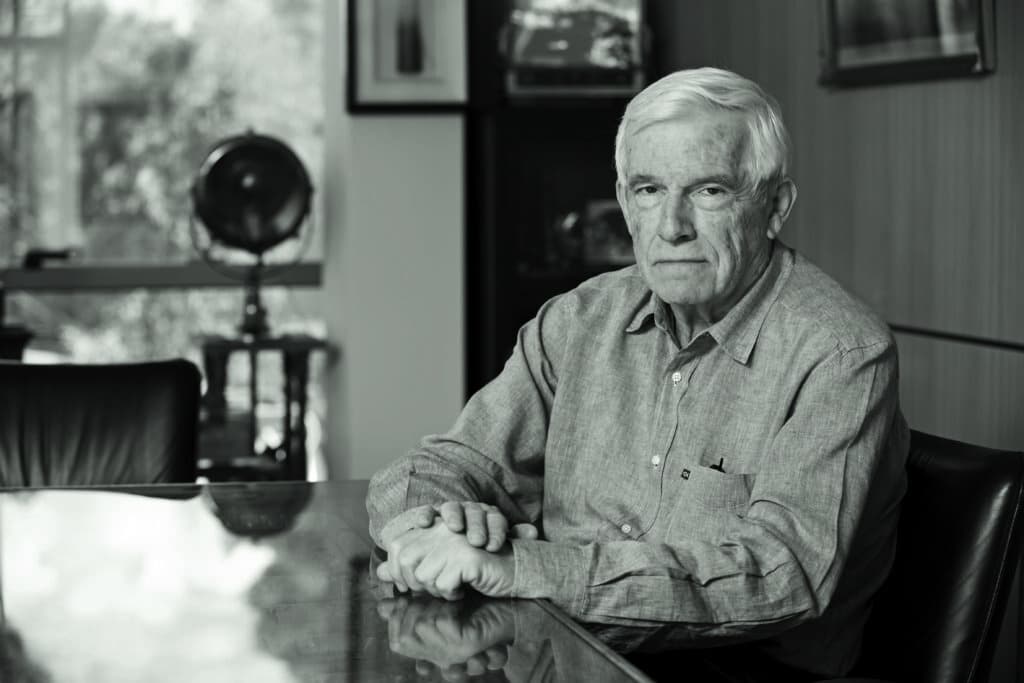
-When do we say that a decision involves risk?
-I’ve always said that when you take a business risk, no matter how big it is, it should never exceed a third of your value…that is, if you lose, if that investment goes wrong, it should never affect more than a third. You’re left with two-thirds.
-When you remember yourself saying I’m going to do this in my life.
-Never.
– Was it self-evident?
– No. Not at all.
-Wasn’t your involvement with shipping self-evident?
-When I finished high school, I asked my father, “Father, what should I do?” And he said, “You’re going to be an engineer.” “Why, Father, should I be an engineer?” Because, he says, if you become an engineer, you’ll get a job in the PPC that pays good wages and you’ll get a good pension from the PPC. And I say, since my father says so… In those years there was no way your father could tell you what you’re going to do and you could say, no, father, I don’t like that, I’ll do something else. Of course, I went and became an engineer. I studied for many years. And then, I went back and went to my father’s office.
-In short, the PPC lost a brilliant executive. Your father owned boats?
– My father owned big offshore fishing boats that fished the Atlantic for years.
-And was he interested in the pension that you will get from the PPC?
– When I was finishing high school and going to college, this big fishing job was coming to an end. My father had four. Well, it was starting to get tough there because these states were starting to introduce what we called “fishing licenses.”
-You mean restrictions?
Up to that point they fished anywhere they wanted to go up to the collar, so to speak. So when these states started to introduce the system of fishing licences, their job became very difficult, and then almost everybody gave up.
-And how do you get to your first ship?
-All the Greek families sold their fishing boats, and were left with a few small refrigerators. Because with these refrigerators they transported their fish and their supplies. And then my father said to the buyers: “We gave away the fishing boats but we still have the refrigerators. I have my two sons here who have learned letters, they know English, they know German, we should put them as brokers, so that they can be employed, and the ships should not be tied up and wasted. And so me and Thanassis and I started as brokers and then, we got a refrigerator, then, a second refrigerator and…
– Do you remember what your first boat was called?
– Yeah. It was called the Frio Star.
-After all these years, what is the sea to you?
– Two very simple things. First of all, everything we’ve done and everything we’ve achieved has come from the sea… We don’t discuss that. And secondly, that it’s what relaxes me, makes me happy.
-What do you think is your greatest asset?
-I think my perseverance. Even now I never let anything fall down. … And always, so when I supposedly advise younger people, I tell them, “Don’t give up at the first difficulty. You can never know what thing in the end will bear you much fruit.”
-Was the relationship with your brother antagonistic?
The relationship is not competitive at all. I would say it was completely complementary. Even though we fought every five minutes. But he loves me very much and I love him very much.
He’s five years younger than me. He’s very strong.
-Your weak point?
-We’ll have to talk for an hour. First of all, my character. I get angry easily. I fight easily. I yell easily, but with a huge “but”. I’m five minutes past the point of no hard feelings. They say I’m a difficult character…
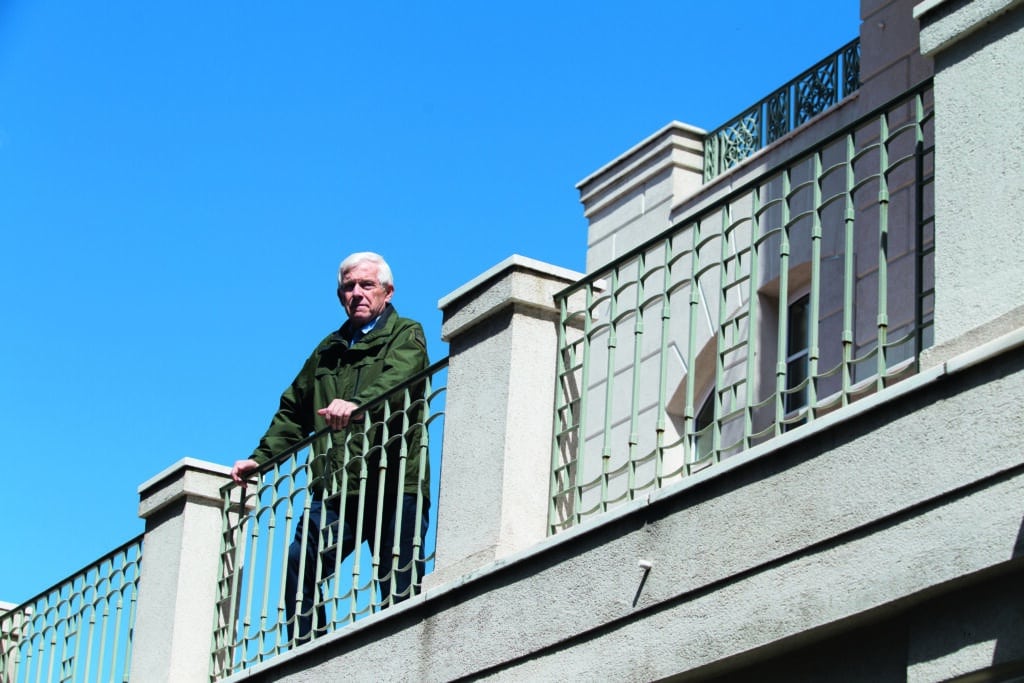
-What is your favourite island?
– The more unknown and less inhabited an island is, the more I like it. I have been to Mykonos once in my life; I think I have never been to Santorini.
-And where do you go?
– I’m an expert on Antimilos, Falconera, the rocky islet of Gidaros.
-Of all the good you have done for this place, which do you consider the most important?
-Don’t write anything down…
-Do you consider yourself a national benefactor?
-A National Benefactor is one who gives all he has, not one who gives out of his surplus… You can’t go fishing, have fun with your friends and let them call you a National Benefactor… If they have to, let them do it in 50 years when I’m not alive.
Instead of an epilogue I briefly mention the rich and effective sponsorships of Mr. Panos Laskaridis to the Navy, in the excavation, maintenance, documentation of the findings of the Antikythera mechanism, the restoration of the lighthouses-monuments, which collapsed from lack of maintenance, the amazing work done in the foundation that bears the name of his mother, the foundation “Aikaterini Laskaridis”. Not only that… There are donations to the Naval Hospital, the earthquake victims, the Ecumenical Patriarchate, the Patriarchate of Jerusalem, the Institute of Mediterranean Studies, etc. etc. For the first time this “etc. etc.” implies many more great projects for the good of the citizens of the country and of course many millions…

